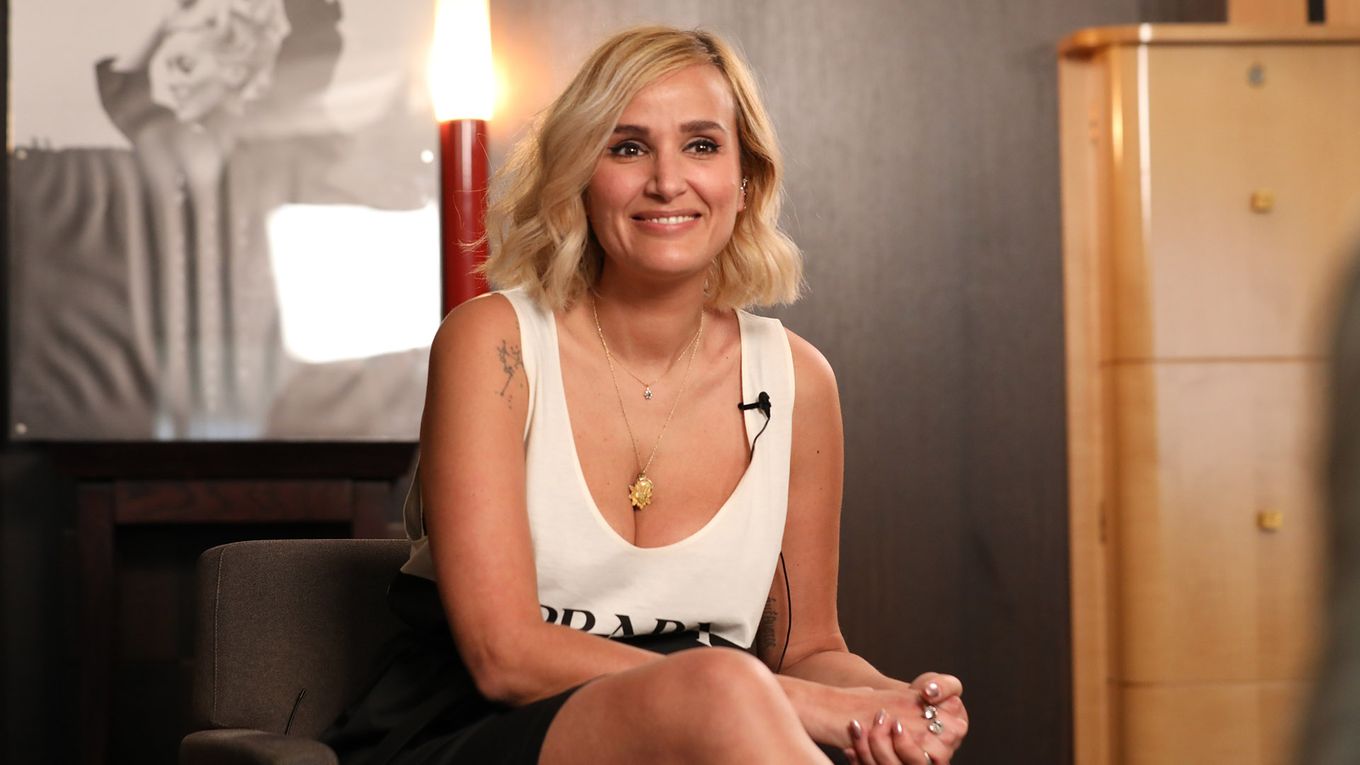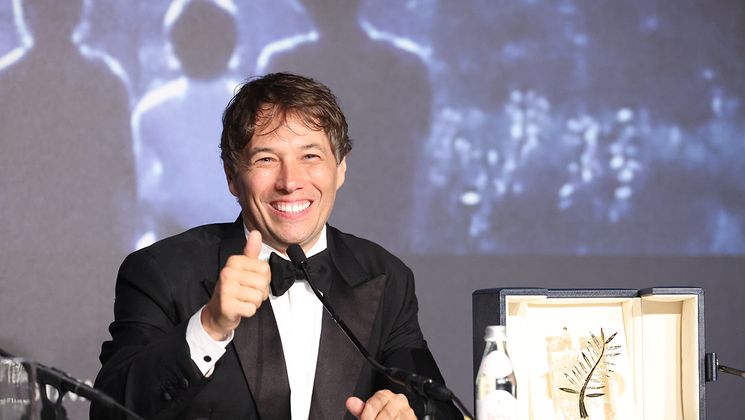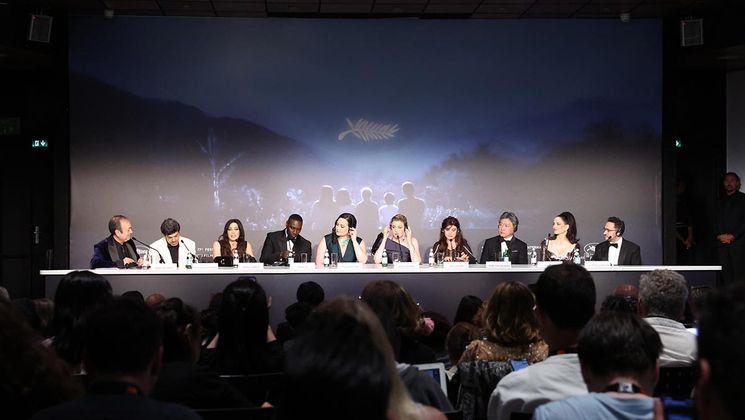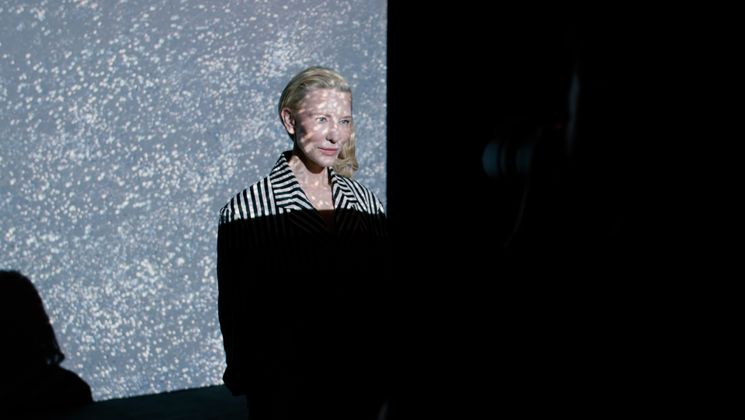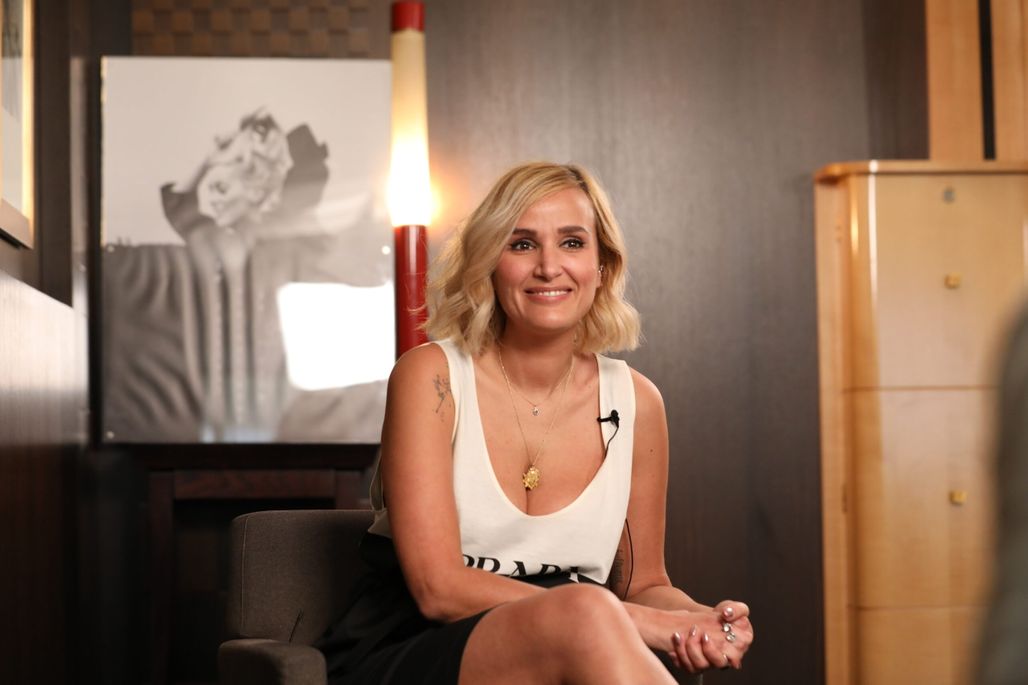
Meet Julia Ducournau, member of the Feature Film Jury

Winning the Palme d’or in 2021 for Titane ushered in acclaim for Julia Ducournau‘s work and genre cinema more generally. The filmmaker is taking a break from writing the script for her third feature film to join the Jury chaired by Ruben Östlund, and leads us behind the scenes to where her monsters take shape…
What inspires you when writing a screenplay?
My process is about always reaching further and avoiding repetition. I try to dig deep into what seems impossible to convey. That was the case for Titane, in fact. After Raw, I realised that it was hard for me to discuss love openly, and so I tried to tackle it in my own way, by sparking feeling rather than explicitly saying anything. It was extremely challenging.
“ The idea is to get to a place you never thought you'd go. The beauty lies in the fact that film takes us there. Difficulty is what inspires me. ”
What feelings come over you as you go through the writing process?
The overriding feeling is fear. I feel fear 90% of the time, and fear is the enemy. It’s the fear of not getting to where you hope to go, the fear of letting yourself down, of not hitting the right note. Having said that, when you do manage to hit on something, whether in a particular scene or snippet of dialogue, it feels like pure ecstasy, and that’s worth the 90% fear and freezing.
How much freestyling do you allow yourself on set?
I believe in razor-sharp, rock-solid preparation. Before a film, I break it all down, I go over it again, I try out different versions, and I discuss it with my head technician and personal assistant. Every day when I arrive on set, I have the shooting script ready to go. I know exactly what my intentions are. At the same time, there’s an abstract element to it, because that document is drawn up before we’ve even found the locations, before we even know whether we can set up a rig, that kind of thing. Every day, I read back over my shooting script, I remind myself of the momentum I wanted to inject into the scenes, and sometimes I ultimately think: “No, that’s not quite right, actually.” Once the camera’s set up, it all falls flat. The energy isn’t exactly as it should be.
“ The stronger the backbone of your process, the easier it is to freestyle and adapt to on-set realities. ”
And naturally, there are gut instincts that I don’t have while writing that suddenly emerge on set.
Do you have any editing quirks, any specific rules you stick to?
I’m very intuitive when it comes to editing. It all comes back to that idea of backbone again. My editor tells me I write in an ‘edited’ way, meaning the script already includes how the scenes ends, the transitions… While I have that backbone, my intuition and emotions take over in the editing room. I’m incredibly impatient, I have this way of wondering: “Is this boring?”. So I tend to cut a whole lot. Once my editor said to me: “Okay Julia, hang on a minute. We need to slow down here.” Thankfully there’s someone there to remind me. But it’s true I’m obsessed with attention to detail, because without that, there is no emotion.
How did winning the Palme d’or for Titane change your relationship with the film industry?
It’s hard to process. It hasn’t changed anything because I’ve continued doing things the way I always have, but from a production point of view, putting aside the creative aspects, it makes things easier in the industry.
And for funding for genre films generally?
I’ve been hoping for that for a long time. I don’t know whether more genre films are getting made, but what’s for certain is that I am always fighting, and will continue to fight, for the idea that there is no ‘lesser’ cinema. There is no reason to look down on one type of film compared to any other. Genre cinema is a bit of an El Dorado, especially in France. In the States, Scandinavia and South Korea, it’s very highly respected and recognised, it’s seen as just as worthy as dramas and comedies. In France, there’s still room for more.
“ Genre contains authentic artistic expression within its folds. It's not just entertainment. ”
Genre film, and horror in particular, is so packed full of symbols that as a director, when you’re looking to express yourself through technique, you have some incredible shots to play with. They work deep in the viewer’s subconscious, which is extremely important to me.
